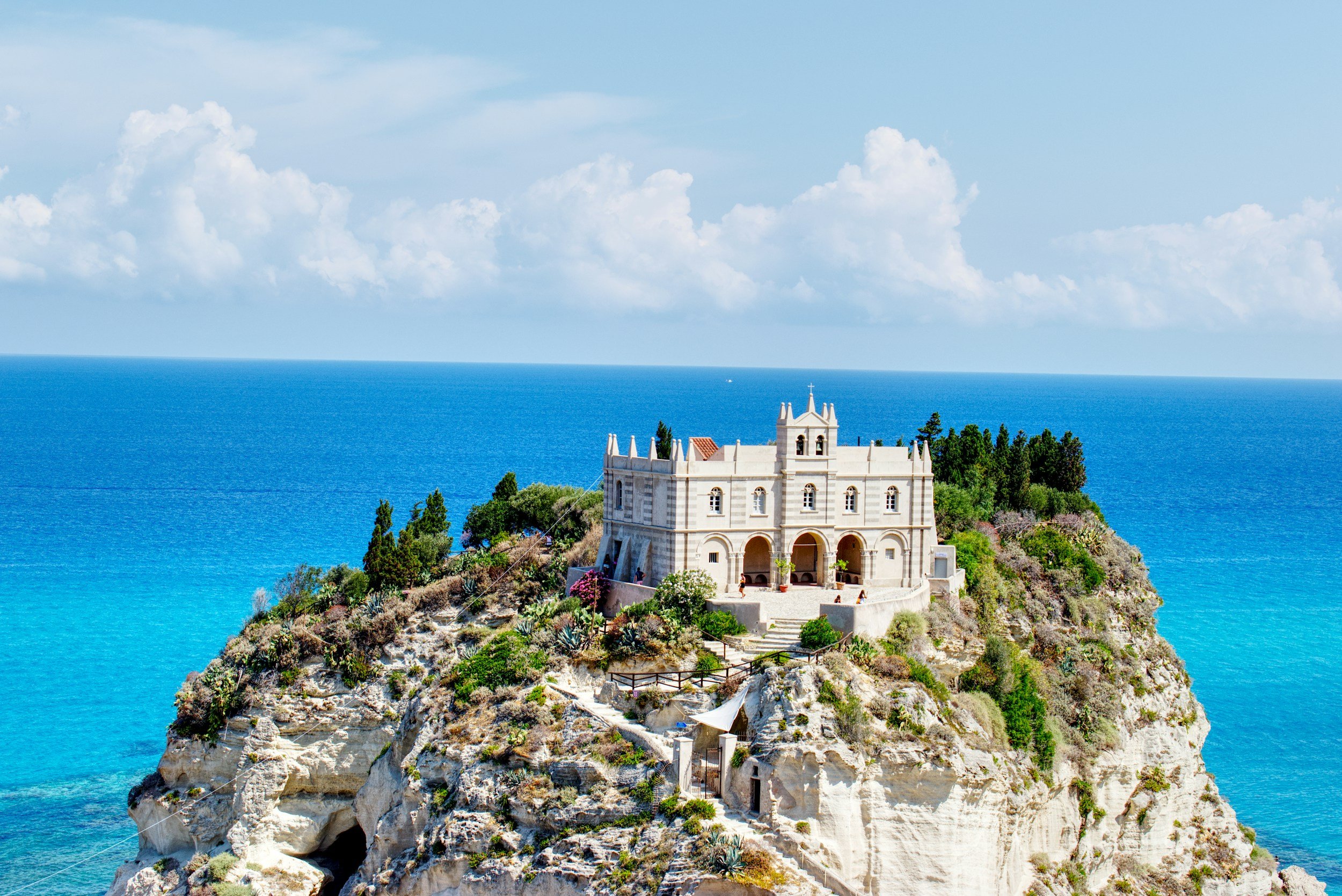Understanding the Perceptions of Calabria: Fear and Stigma Among Italians
Tropea, Calabria
Calabria, located in the toe of Italy’s boot, is often misunderstood and viewed with skepticism by many Italians from other regions. While it boasts stunning landscapes, rich history, and vibrant culture, perceptions of the region are frequently marred by stereotypes and fears, leading to a complex relationship with the rest of the country.
One major reason for this negative perception is the historical association of Calabria with organized crime, particularly the 'Ndrangheta. This powerful mafia organization has deep roots in the region, with its influence extending into major cities like Milan and Rome. For instance, high-profile arrests, such as that of 'Ndrangheta boss Domenico Oppedisano in 2010, have made national headlines, reinforcing a narrative that paints Calabria as a dangerous place. Such stories fuel fears about safety, leading many Italians to avoid travel to the region.
Moreover, socioeconomic factors play a significant role in shaping attitudes toward Calabria. The region struggles with high unemployment rates—hovering around 20%—and economic stagnation compared to the northern regions, where cities like Milan and Bologna thrive. This economic disparity fosters a perception of Calabria as backward or less developed. For example, when Italians from wealthier regions refer to Calabrians as “terroni” (a derogatory term for people from southern Italy), it highlights a stigma that portrays them as unambitious or resistant to change.
Cultural differences also contribute to the divide. Calabria has a distinct identity, with unique dialects, such as Calabrese, and culinary practices that may seem foreign or unrefined to outsiders. Dishes like 'nduja, a spicy spreadable salami, or the region’s famous Tropea onions, might be perceived as too rustic by those accustomed to the refined cuisine of northern Italy. This difference can lead to a sense of provincialism that is often viewed negatively by those from more cosmopolitan areas, reinforcing the fear of the "other."
Media portrayals exacerbate these perceptions. Films like *Gomorrah* and *The Godfather* often depict southern Italy through a lens of crime and corruption, overshadowing the region's beauty and hospitality. Such one-dimensional representations overlook the rich cultural heritage found in towns like Gerace, known for its stunning Norman castle, or the picturesque beaches of Capo Vaticano.
Despite these challenges, many Calabrians take immense pride in their heritage. The region is rich in natural beauty and has a strong sense of community and cultural identity. As more Italians begin to explore and appreciate Calabria—whether through its breathtaking landscapes or vibrant festivals like the Tarantella dance—there is hope that misconceptions will be challenged, fostering a more nuanced understanding of this often-misunderstood region.







You’ve known this all along - the starting point of any authentic cuisine is definitely not the look.